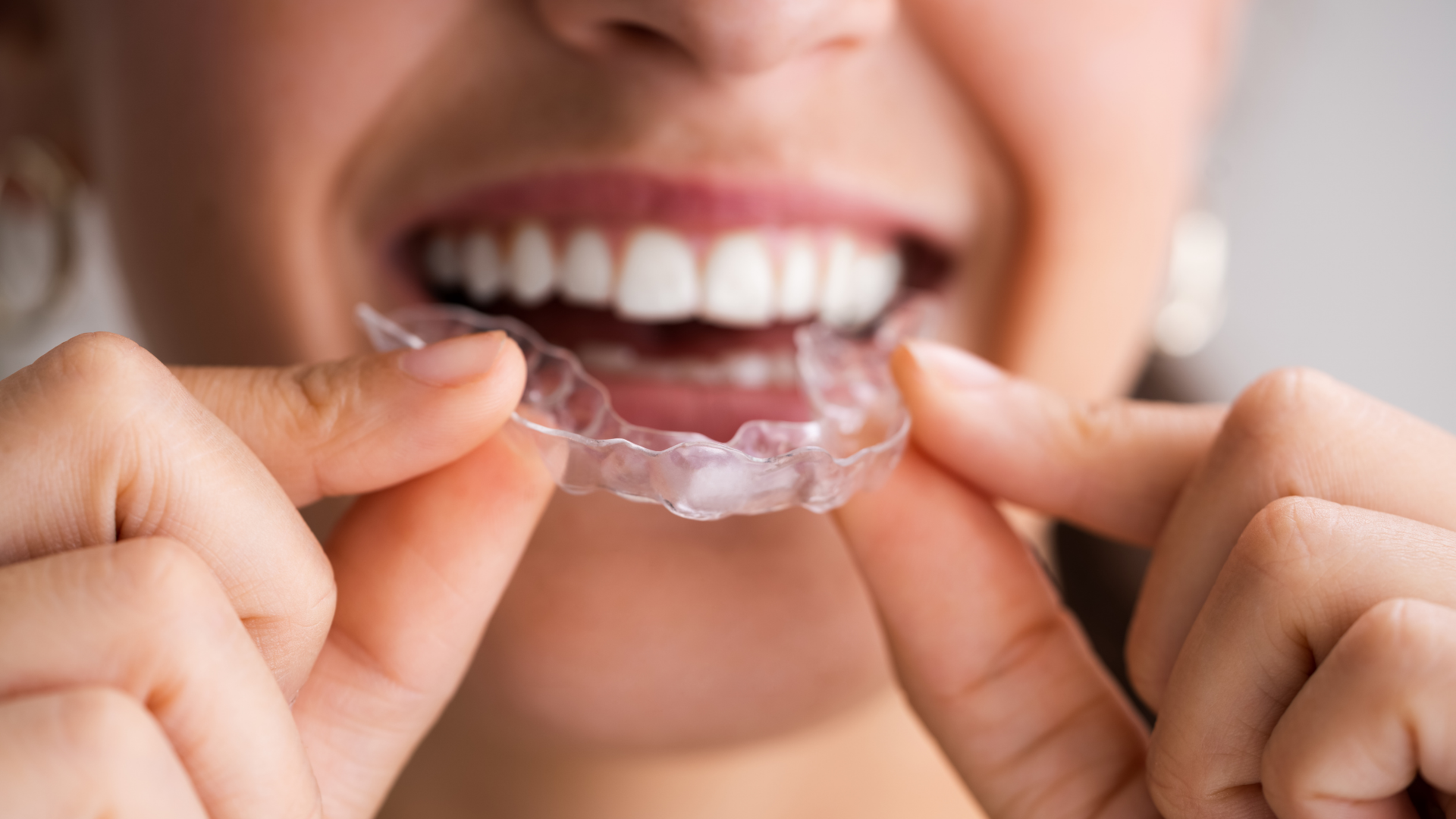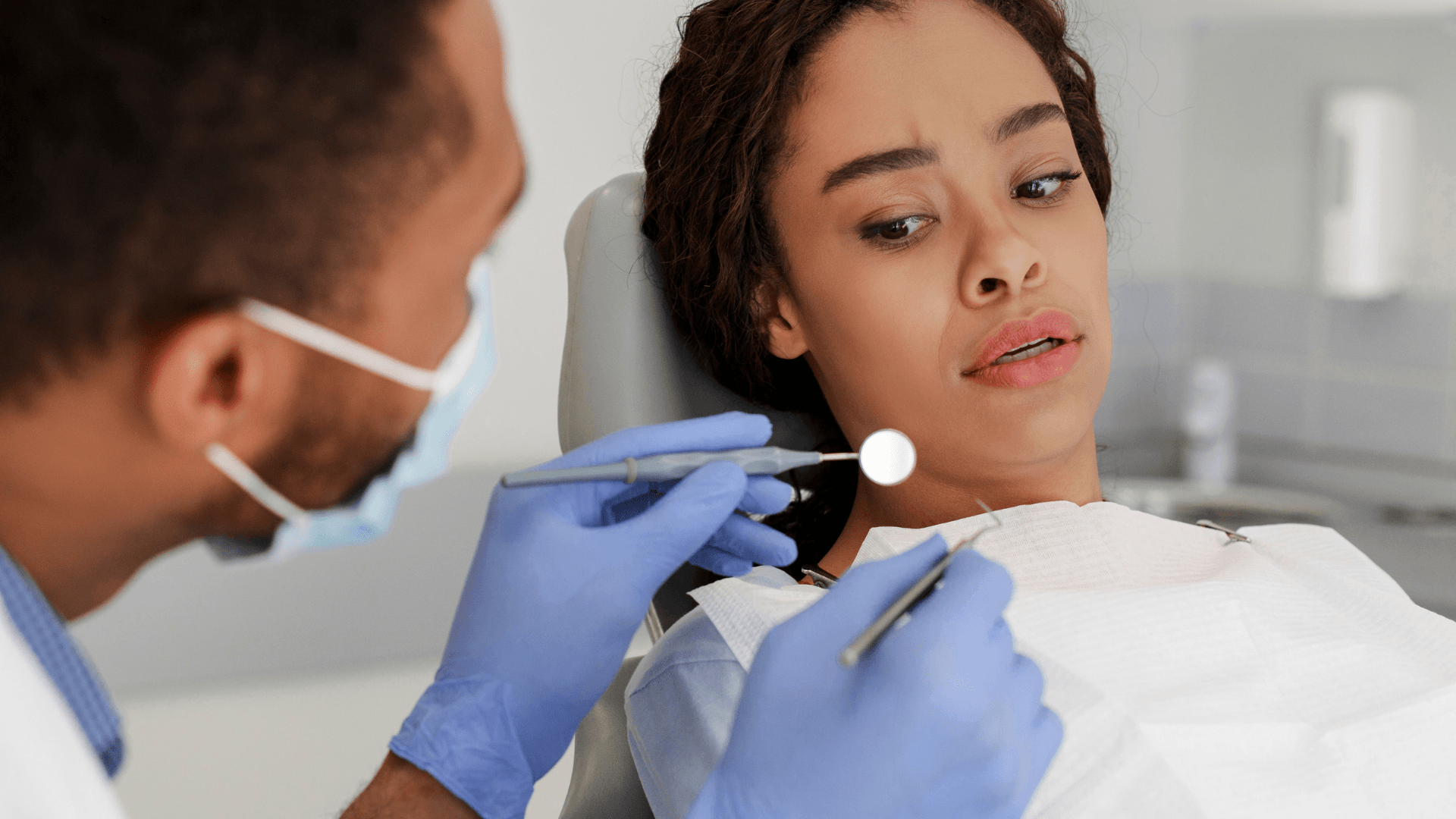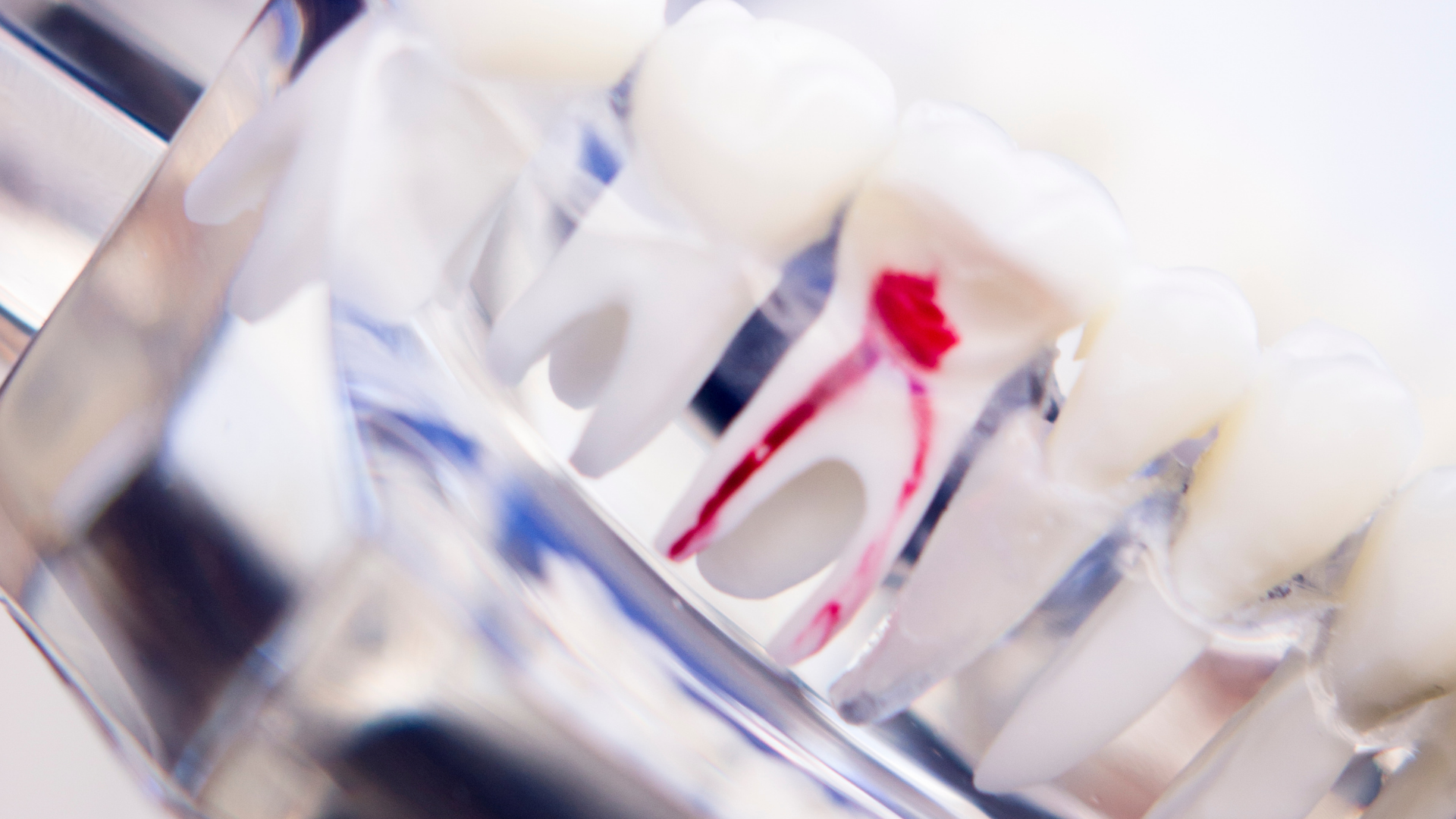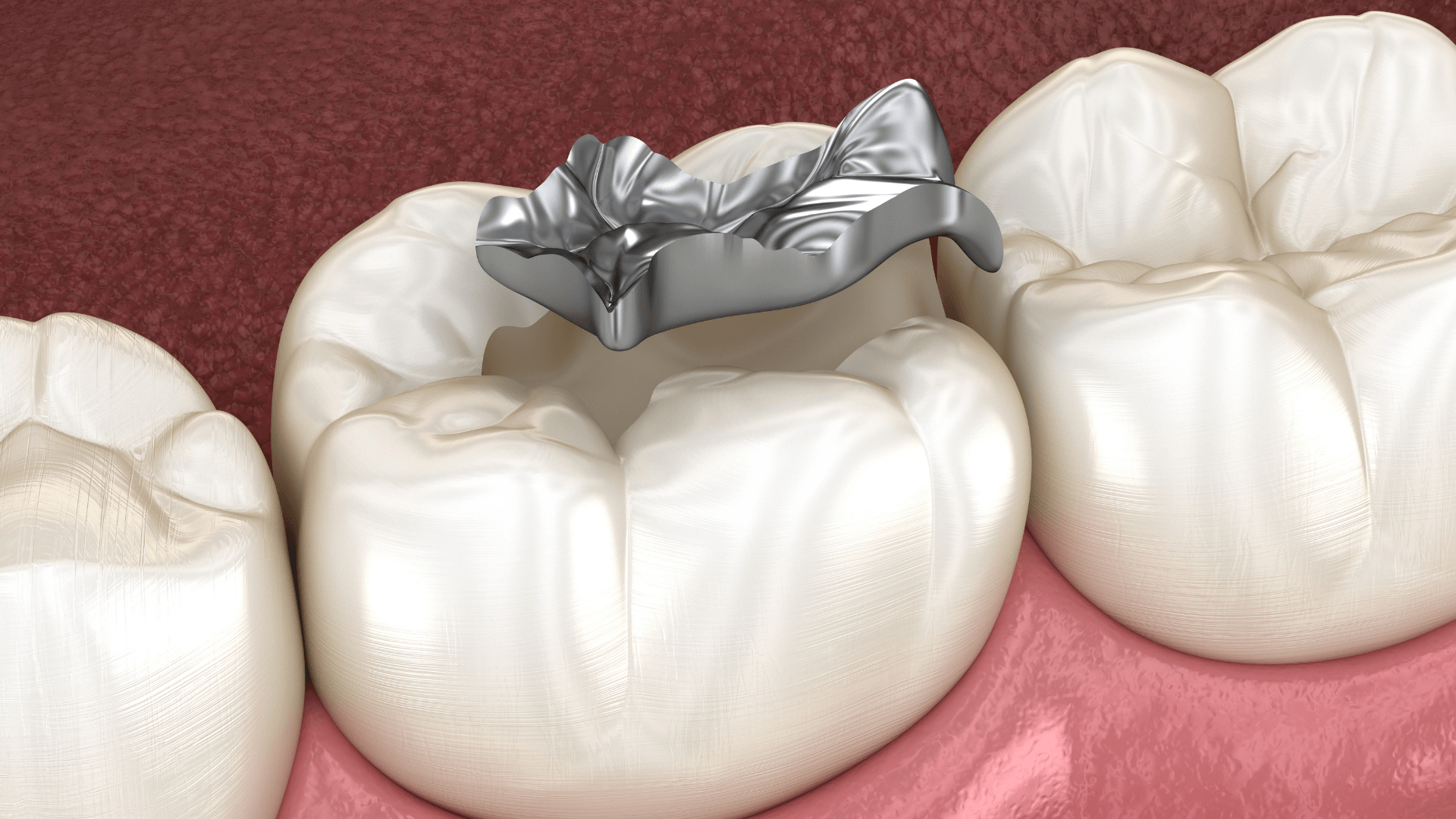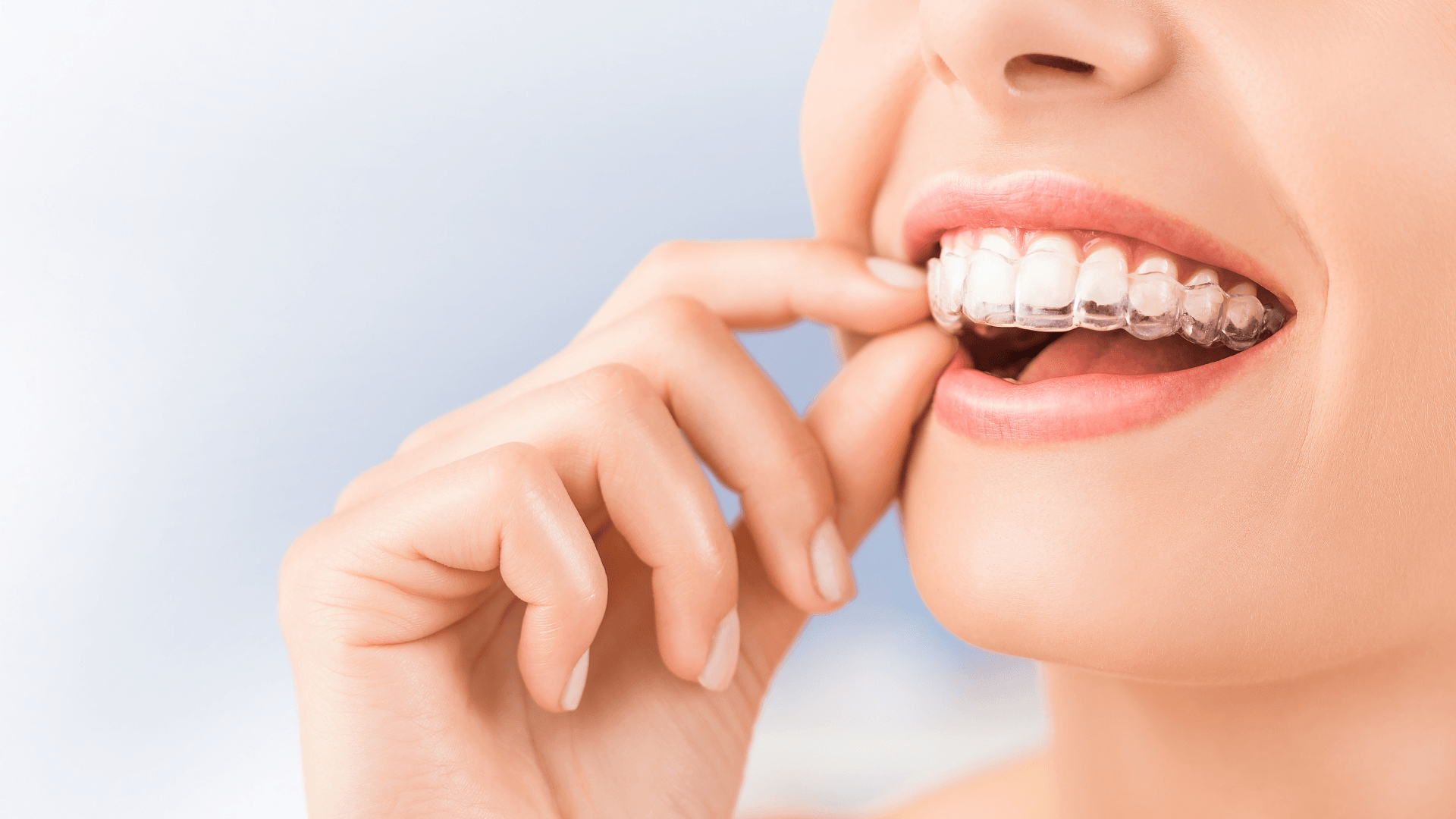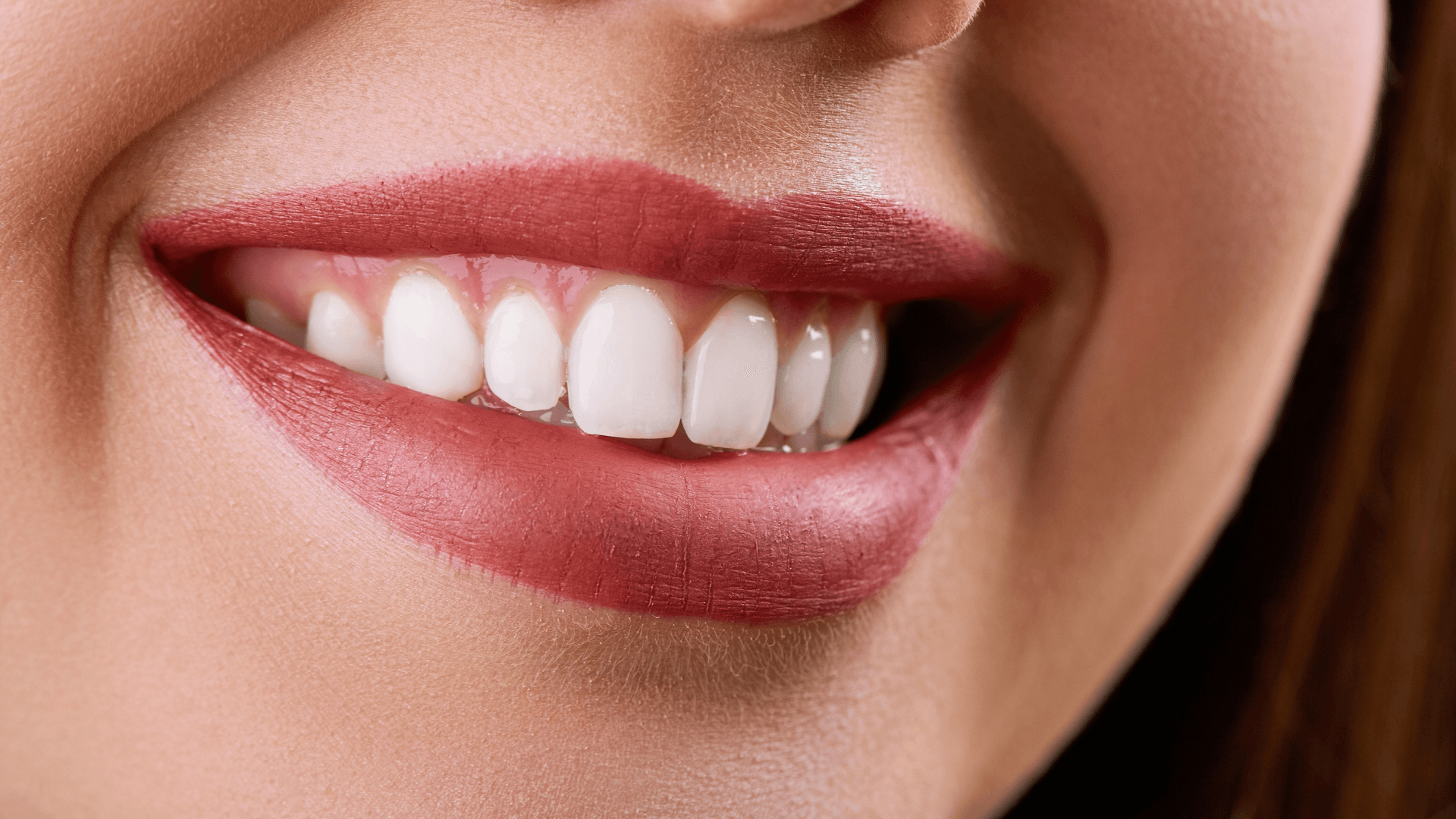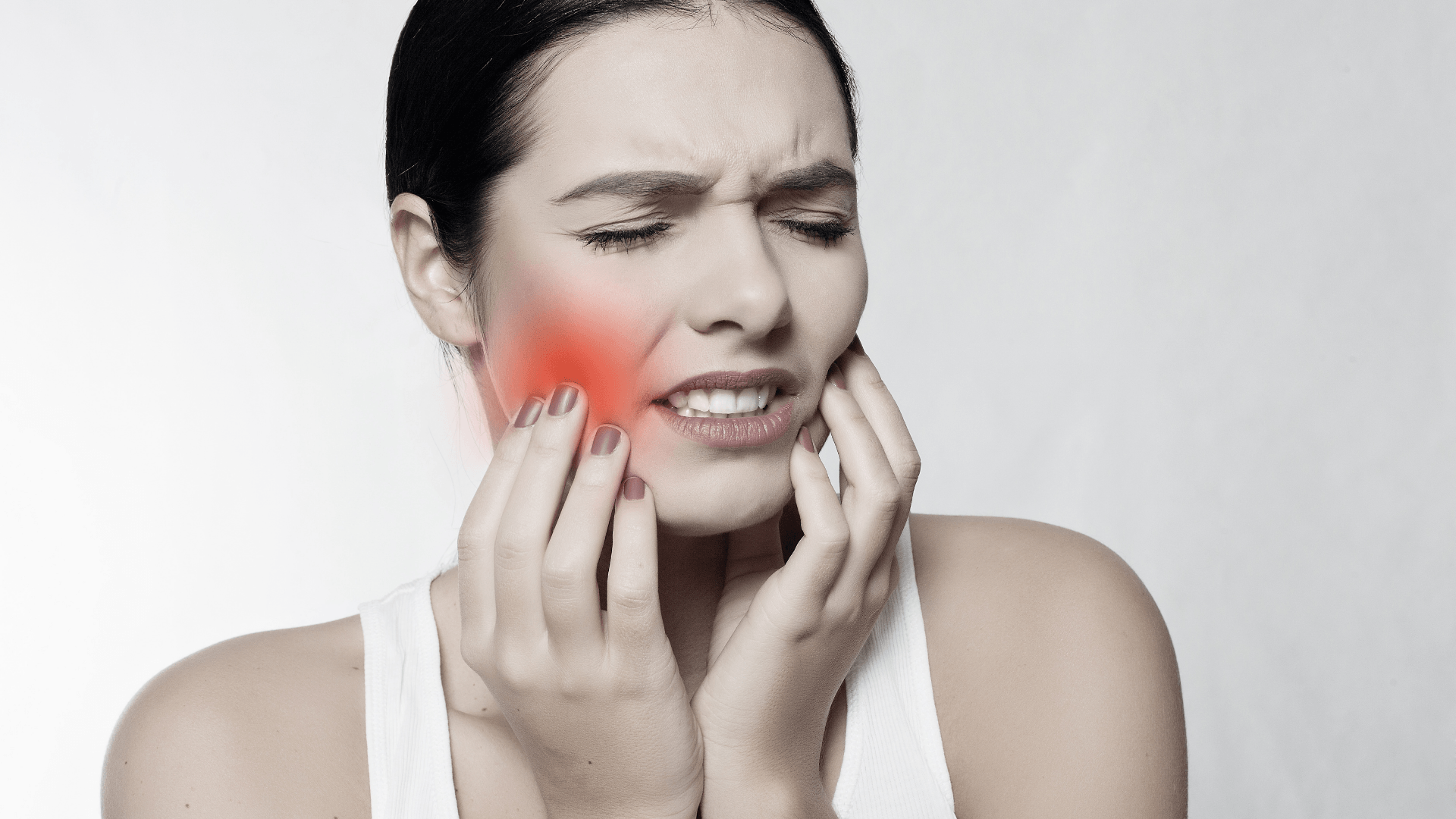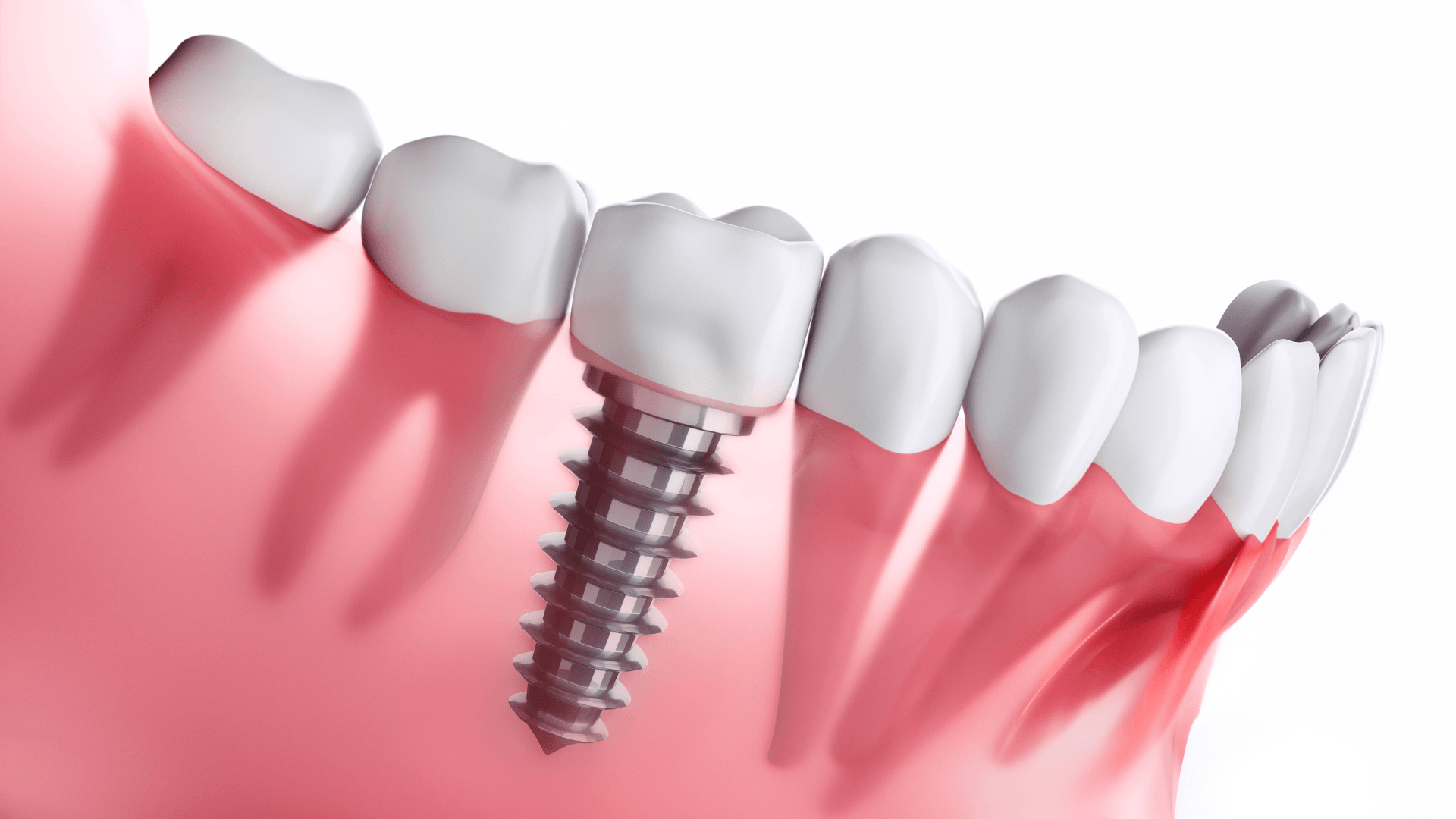Temporomandibular Joint
Do you have a clicking jaw, headaches, ringing ears, neck pain, or limited opening of your jaw? It might be a Temporomandibular disorder.
TMJ is actually a problem more than 60 million Americans currently have.
Many chewing difficulties are brought about when the muscle tissue in the jaw and temporomandibular joint are misaligned or out of position. TMJ is frequently the assessment.
For a long time, the notion that chronic headaches and migraines were linked to the jaw joint was not given serious attention. However, finally the dental and medical communities are working together in an interdisciplinary treatment regimen for Temporomandibular Disorder.
Research through the University of Pennsylvania School of Dental Medicine examined the presence of TMJ in 24 individuals referred to a neurology medical office. The goal was to figure out the number of sufferers referred to a neurology center for headaches where TMJ is the number one cause of pain. They determined that 11 out of the 24 sufferers with headaches had TMJ. That percentage, nearly 50%, is regarded as a high percentage compared to the 15 percent in the overall population determined to have TMJ.
As evidence proceeds to mount on the association involving headaches and TMJ, individuals who think they have this disorder should come to our practice. We have pursued advanced training in this treatment.
Symptoms of TMJ:
- Popping, clicking whenever yawning
- Excessive yawning as you try to adjust your jaw
- Severe headaches and/or migraines
- Light headedness
- Tenderness in jaw muscles
- Ringing ears
- Jaw occasionally locks up whenever yawning
- Spasm or cramps in the jaw region
What Causes TMJ?
Because the TMJ is such an oft-used and complex joint, the potential causes of temporomandibular joint disorder are many. Through extensive diagnostic testing, Dr. Li are able to carefully analyze TMJ symptoms to determine their cause or causes, and then develop appropriate treatment plans. The many possible causes of TMJ disorder include:
- Excessive cartilage wear in the jaw joint
- A dislocation of the temporomandibular joint
- Clenching and grinding of the teeth
- A misaligned bite
- Inflammation as a result of arthritis
If you have one or more of these symptoms, mention it to us. Our own treatment methods usually includes zero pills, zero shots, zero surgical procedures, and no unwanted side effects. We are able to treat these problems as they are most probably due to clenching your teeth when you’re sleeping and sometimes during the day. Whenever you clench your teeth, you utilize many of the strongest muscles in your body.
The high-intensity contractions of those strong muscles grow to be painful and the forces created cause pain in surrounding tissues, joints, and also other muscles.
By simply decreasing the strength of the clenching by wearing a night splint, you're effectively lessening the cause of the discomfort.
Almost all dental treatment to treat malocclusion necessitates the employment of a splint, or an oral device that temporarily alters the bite. In more serious situations, could recommend a long-term improvement in the bite with tooth replacement, moving teeth through orthodontic treatment, or a combination of bonding and crowns or veneers. For numerous affected individuals, the final results were successful and their return to a pain-free condition has offered these people another chance at a far more productive life.
